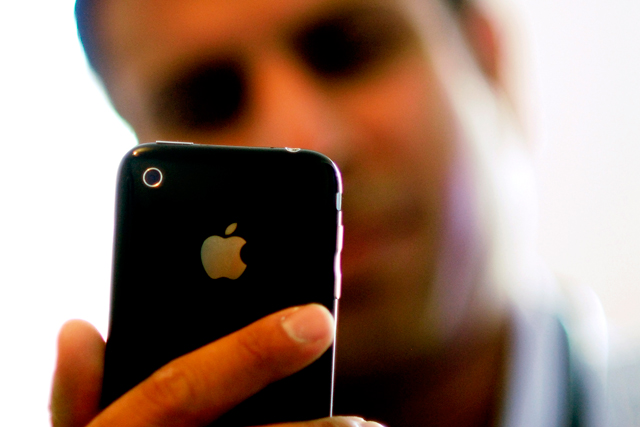
MasterCard commissioned YouGov to conduct the research, which quizzed 1,939 mobile phone users in the UK.
The research, which will be published later today, suggests one-third (34%) of respondents are encouraged by money-off their phone bill, while loyalty point offers (33%), and at-till discounts (32%) are also attractive incentives.
However, 37% of people were shown to be resistant to any form of incentive to make mobile payments.
Older people aged 55 or over are the most resistant, with 54% saying no incentives will encourage a move to mobile payments. But resistance drops with age. 32% of 35- to 44-year-olds, and just 22% of 18- to 24-year-olds, said they will not use mobile payments systems.
Women are more resistant than men in moving to mobile payments (40% to 35%), whereas cash-off phone bills is a stronger lure for men (36% to 32%).
There is little difference in the attitudes of social groups, with the C2DE group slightly more resistant to mobile payments (39% to 36%) and the ABC1 group preferring cashback as an incentive (28% to 23%), but otherwise few differences emerged.
Some regional differences also emerged. Resistance to mobile payments is broadly constant in the 34%-39% range, but in Yorkshire and Humber the figure was far higher, with 43% of respondents resistant. Resistance is higher in Wales at 46% but highest in the North East where it hit 52%.
In Wales and the East the prospect of discounted phone bills is less alluring than in the rest of the country, at just 27% compared to other areas on 34%-35%. It is more attractive in London, at 38%.
The prospect of discounts at favoured retailers is also less alluring in the North East, where just 17% said it would drive them to mobile payments, compared to a national average of 30%.
, .
.
with the release of the iPhone 5, using iTunes to process payments.


.jpg)


.jpg)